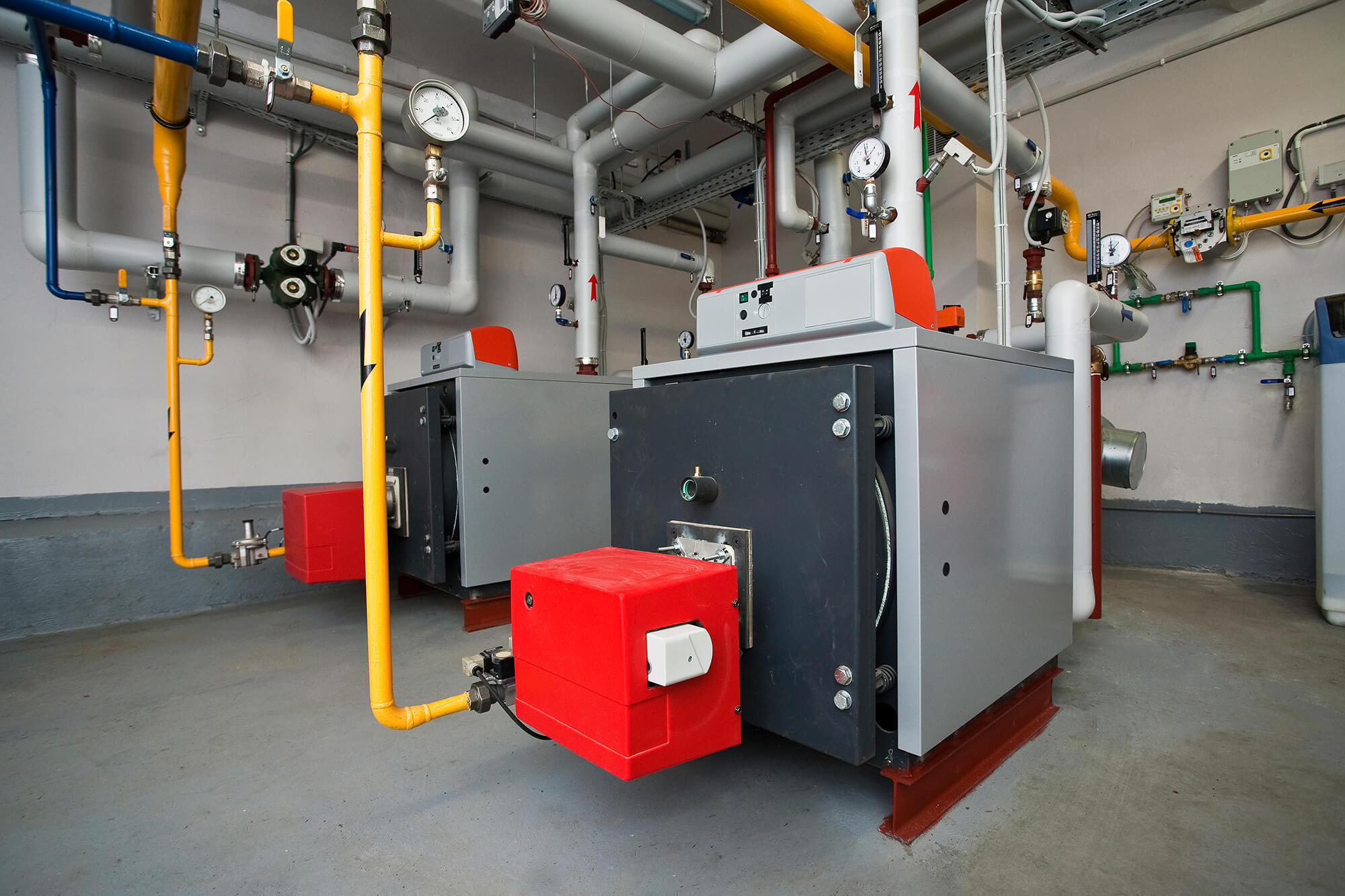
THE PRODUCT:
Commercial boilers are commonly used to heat buildings such as schools, offices, apartment buildings, and hospitals. Commercial boilers can use either gas or oil as the fuel source and generate either hot water or steam. The heated water or steam is circulated through radiators, baseboard units, or fan coils. Commercial boilers are defined as having an input of at least 300,000 Btu/h (British thermal units per hour).
Commercial boilers are a category of ASHRAE equipment.
THE STANDARD:
Updated standards for commercial boilers took effect on January 10, 2023. However, as a result of litigation by the gas industry, DOE vacated the final rule, effective September 19, 2023. Therefore, the standards currently in effect are those that initially took effect in 2012. For the most common equipment, gas-fired hot water boilers with a rated input ≤2.5 MMBtu/hr, the standard is a thermal efficiency of 80%.
*The heating energy efficiency metric for the largest hot water commercial boilers (>2.5 MMBtu/hr) is combustion efficiency (EC). The heating energy efficiency metric for all other commercial boilers is thermal efficiency (ET).
EC is defined as 100% minus the losses due to (1) dry flue gas, (2) incomplete combustion, and (3) moisture formed by combustion of hydrogen.
ET is expressed as the ratio (%) of the heat absorbed by the water (or the water and steam) to the higher heating value in the fuel burned.
KEY FACTS:
As of 2018, about 30% of all commercial floor space is heated by commercial boilers. Commercial boilers are generally used to heat buildings that have a heating and cooling system referred to as a central system, where boilers provide hot water or steam for heating and a chiller provides cold water for cooling. (In contrast, other buildings may be heated and cooled using packaged rooftop units, for example.) Significantly greater energy savings from commercial boilers are possible using condensing technology. Condensing boilers extract additional heat by condensing the water vapor in the flue gases. Gas-fired hot water boilers using condensing technology can reach efficiency levels as high as 99%.
ASAP Press Releases
Timeline
| Federal | Date |
| 2nd Federal Standard Effective | 2012 |
| 2nd Federal Standard Adopted | 2009 |
| 1st Federal Standard Effective | 1994 |
| EPACT Initial Federal Legislation Enacted | 1992 |
| 1st Federal Standard Adopted | 1992 |